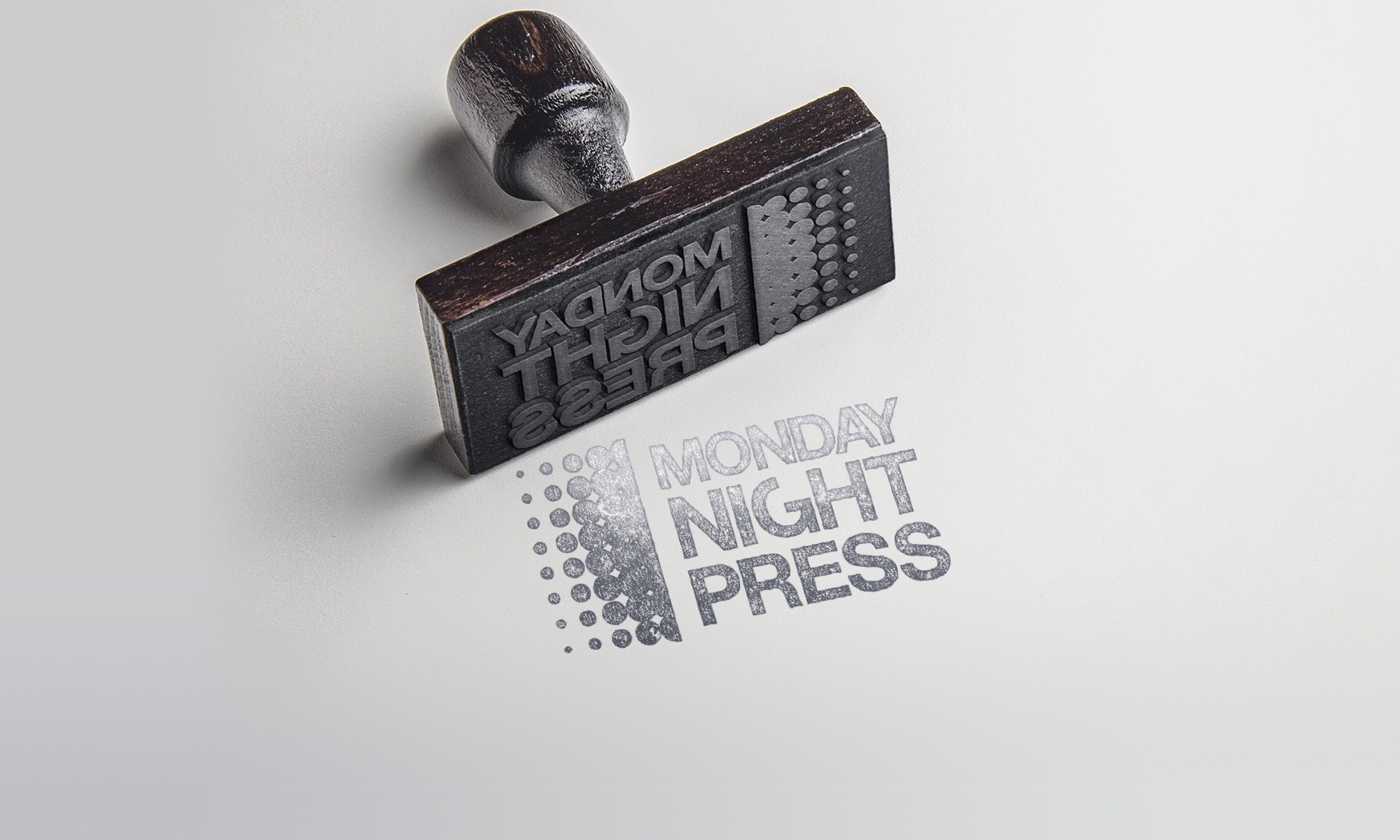Jessie is a sophomore.
She goes running when the barely-nascent Beijing dawn slithers through her campus. She wears a mask to shield the abrasive aura.
When she talks with her parents, she wears a headset with panda ears. She sends them scans of her papers and they print them out to read them. The distance uncoils in missed messages and fleeting snapshots, but it’s the way. Forward.
After her classes, she attends a special program to work on her English. For a college sophomore, she has. A normal life. She doesn’t know when to make a fuss. She asks another student “what in your life is unforgettable” in an elementary level English class.
She’s not stupid. He’s not all that handsome, they say, giggling behind their smartphones. Yet that little swish of his plain brown hair and the way the lines converge around his eyes…
Her parents call her to ask why. Why is there a mark here? they might say, brandishing the paper on WeChat. She needs a private class, he says. It’s not her marks—she’s top; they can barely express—anything—
It’s not a matter of ethics, here. It is neither love nor ethics. It is a mirror. If he likes running, she can fly and achieve the minimal time for the maximum effort. If he wants to tutor her, it is her duty to answer the call. If he wants something, she must strike a warrior pose like the ancient yogis: reach out and attain.
The body has a veil, a protective covering. It feels good when he touches it, his pale hands spilling over her body like the freckles marking the white space between his shoulders. It feels, certainly, the same when he praises her in class, calling attention to her participles and the grace with which she says the phrase, “Don’t you like ____?” to her erstwhile classmates. In Asia, resentment hides in bows and the unbending lines of untanned skin.
In the quiet days between July and August, it all goes. The administration is pushing, he says, his hand hidden deep in her veil. She looks in his eyes and sees the customs and immigration desk looming at the end of the queue.
Her mother claims she overuses transition phrases to fill space. This wasn’t one of them, she insists, brandishing the paper right back. Her grades cratered, which is to say they subtly altered in such a way only parents could understand.
Her heart, a glistening swath of ocean water, extends out. She sends emails and messages. One day, like a snail, she will enter out into the world with all her home above her on her back.
For now, she traces the lines of the transition, the pathways and the neural networks, the flight plans and the layovers. She folds herself into a thousand different shapes. She awaits. Not just the one thing, but the everything.
maria s. picone has an MFA from Goddard College. She writes complex, lyrical, and unexpected stories about dangerous things. Her writing and art appear in |tap|, Vine Leaves Literary Journal, and GTK Creative. Her Twitter handle is @mspicone, and her website is mariaspicone.com.
